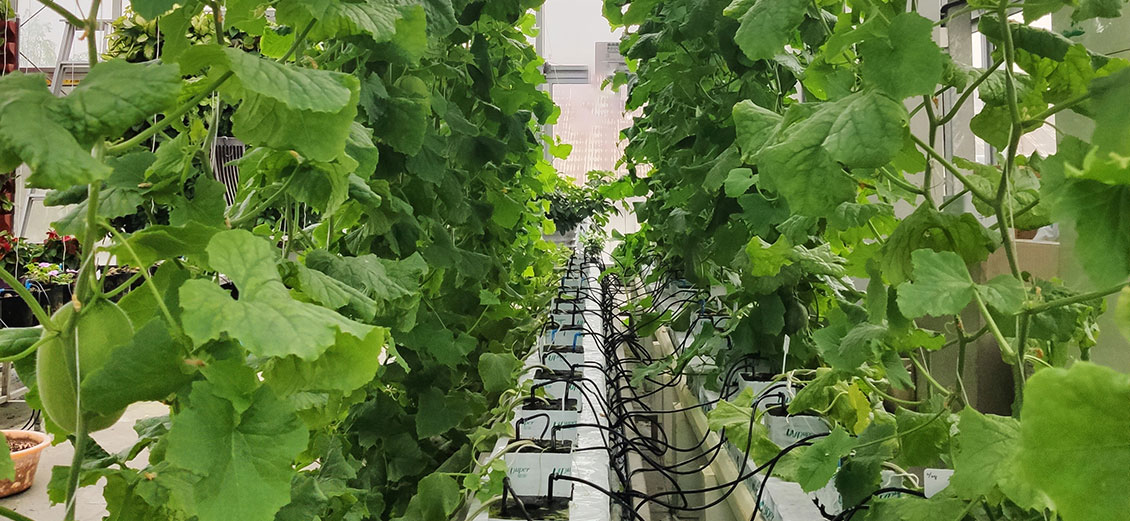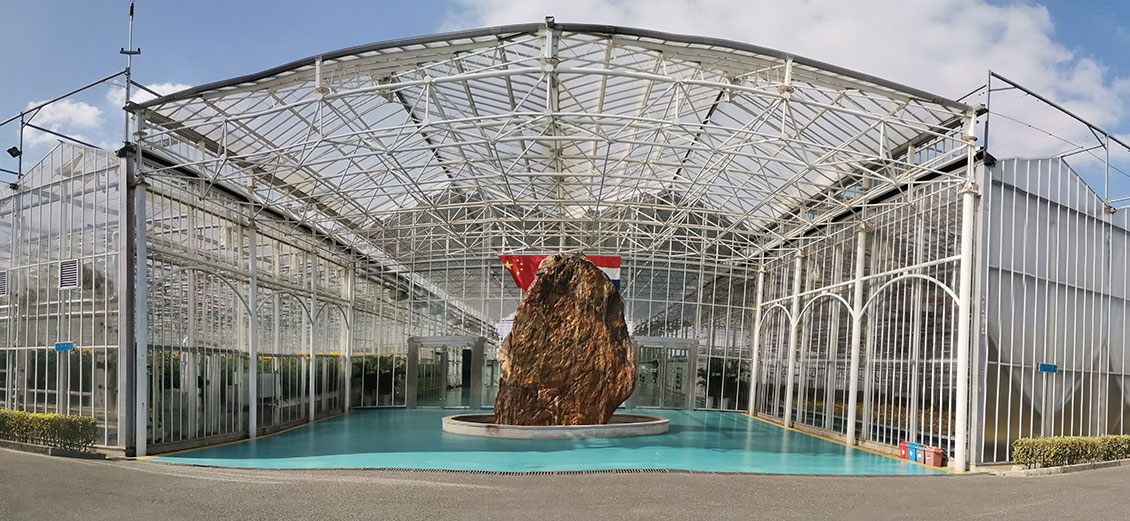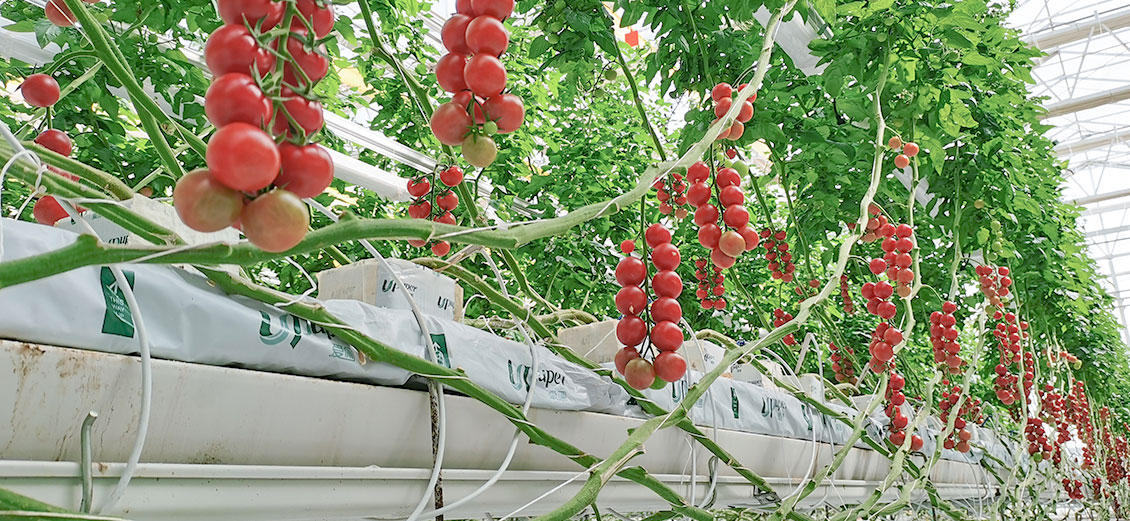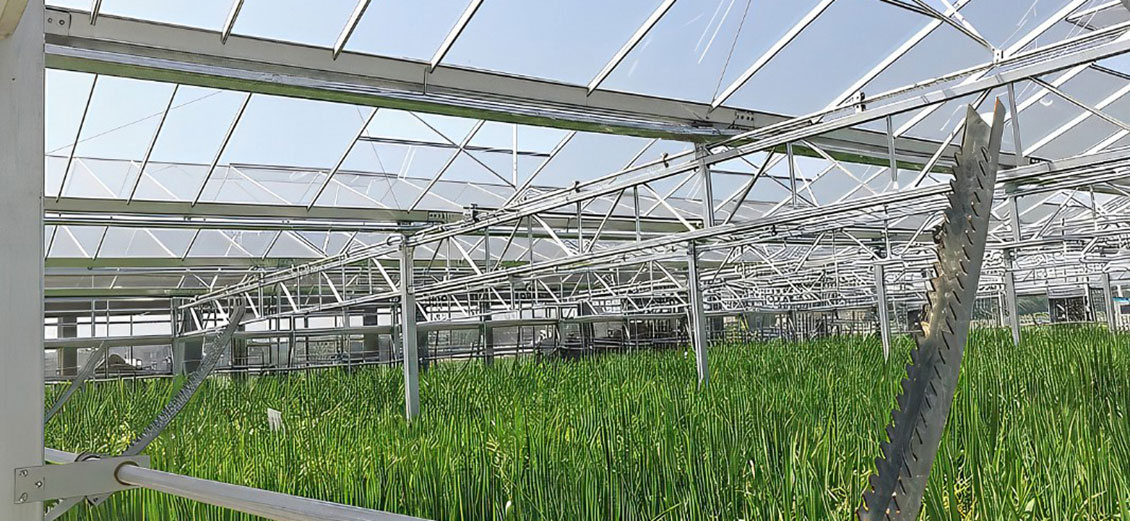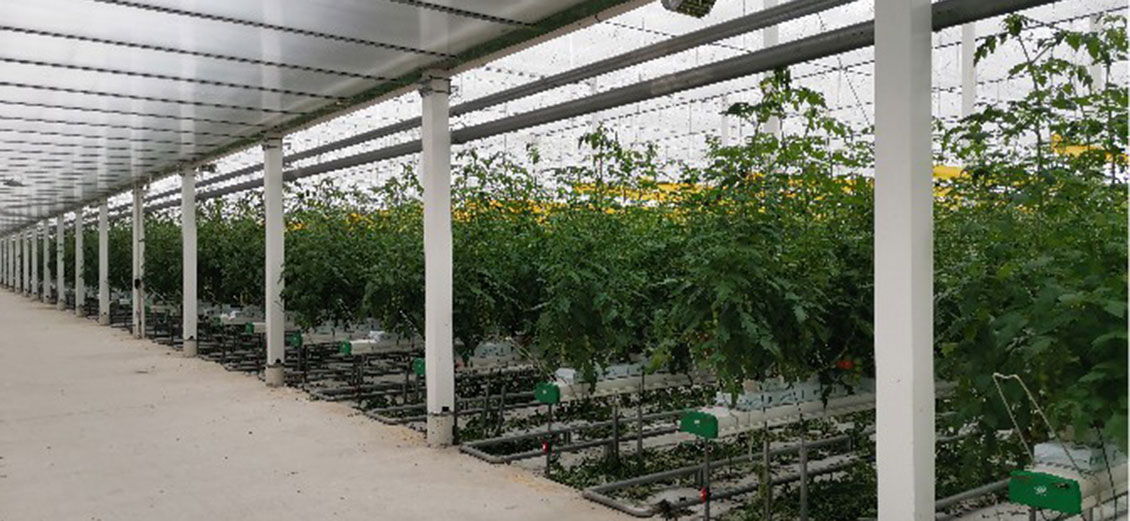UPUPER
PRODUCT
BLOG
STUDY
PROJECT
SERVICE
Feedback online
what type of users you are?
- Growers
- Substrate distributor
- Media
- Sales
- others
Hold on
Next
What do you want to know from this website?
- Product information
- Brand news
- About UPuper®
- Online Purchase
- Others
Previous
Next
Did you get the information you want to know?
- Yes
- No
Previous
Next
Is there any good advice that you could help us to promote? Please fill the blanks in below:
Previous
Submit
-
UPuper®
The biggest green rock wool manufacturing
base in the whole Asia Pacific region.
Learn more >Brand introduction
Brand value
Brand strength
-
UPuper®
The biggest green rock wool manufacturing
base in the whole Asia Pacific region.
Learn more >UPuper News
Industry info





